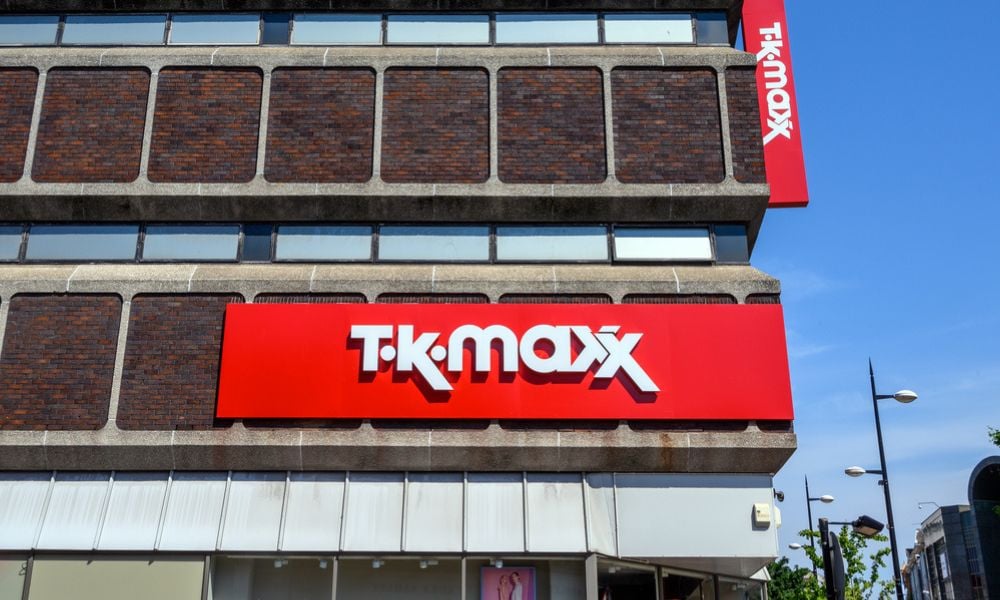The Sydney Opera House is one of the most recognisable buildings in the world, and its HR issues are every bit as familiar to those in the trade. Sarah O’Carroll speaks to CEO Richard Evans, and director for people and culture, Rick Browning, about the joys and challenges of managing a complex, world-leading performing arts centre.
The Sydney Opera House is one of the most recognisable buildings in the world, and its HR issues are every bit as familiar to those in the trade. Sarah O’Carroll speaks to CEO Richard Evans, and director of people and culture, Rick Browning, about the challenges of managing a world-leading performing arts centre
It’s a building that everybody knows, it put Australia on the modern cultural map and it is an architectural masterpiece unlike any other building in the world. Opened in 1973, the complex, beautiful Sydney Opera House is home to one of the most famous opera companies in the world. It is a magnet for tourists with more than seven million visitors a year and 1,600 performances. The related HR challenges are vast and varied.
A multi-faceted organisation
Unlike other arts organisations, the Opera House has so many responsibilities and so many stakeholders. Apart from live performing arts, the Opera House plays host to major international events such as World Youth Day, APEC, and the recent FIFA Congress, as well as providing, in and of itself, a service to the people of New South Wales.
Last year, the Opera House was added to the World Heritage List, and described as “one of the indisputable masterpieces of human creativity, not only in the twentieth century but in the history of humankind.” But this great honour in itself presents a number of challenges. As CEO Richard Evans points out, it makes his boss the Minister for the Arts and as such there is much government involvement in management.
“From a HR perspective there are a number of challenges that we have in the building,” Evans says. “We are part of the public service which brings with it a whole set of advantages but also a lot of processes and procedures too that make us that bit slower than a more commercial organisation.”
For Evans, that means a whole extra level of frustration because although the Opera House is a public service, it operates in a very commercial way: “The Opera House turns over about $100 million per year. Our operational spend is $70 million and only about 20 per cent of that comes from the government. So we generate 80 per cent of our own revenue so any way you look at it, we’re a very commercial operation and yet we’re operating within an environment that at times can be challenging,” he says.
Striking this balance is one of the key challenges of managing the Sydney Opera House. As a multi-faceted organisation it demands the same procedures and policies of a corporate structure while at the same time, the leadership is required to nurture a performance culture and adhere to public service procedures.
Rebuilding of the people
This public service aspect daunted Rick Browning when he joined the Sydney Opera House as director of people and culture. “I guess the thing that didn’t attract me too much and was difficult to align my personal values with, was the fact that it was public sector and was a bit grey and sort of entrenched and a bit boring perhaps,” says Browning.
However, he soon discovered that in fact, he was working with an executive team who were commercially astute, and eager to drive the operation forward in a real business sense with bottom line results being the imperative.
“For me that’s really exciting,” he says. “We’ve got 700 very creative, quite wonderful people here trying to do the best they can and I guess our job is to give them the tools and the ability and the knowledge and the framework to be able to do that exceptionally well.”
Both the CEO and the HR directors are relatively new to the Opera House and have worked closely with each other to drive the organisation forward through its people. Immediately prior to Browning’s appointment, management conducted an employee opinion survey in which, according to Evans, didn’t paint a very rosy picture.
The five areas where they needed to improve were communication, leadership and particularly leadership development, morale, career development and reward and recognition. It became clear how morale, communication, and reward and recognition were all linked directly to how leaders or managers operate in the organisation. What they then realised was that there had been no leadership development within the organisation in the last ten to 15 years at least.
What they found was a wealth of technical managers but in a lot of cases they hadn’t been given the opportunity to learn new skills and techniques for managing people that well. “All 107 of our people managers have been through a pretty intensive leadership development program doing six modules over six months to give them the skills to give effective feedback, to coach and develop people well, to manage performance problems and to build an environment of trust which is I guess one of the fundamental things we’re trying to do here,” says Browning. “Seven hundred people in a fairly big multifaceted organisation is really quite a small family.”
With over 200 job classifications within the building working in three different sites, developing a unified culture can be difficult. Although people think of the Opera House as one building there are two other office locations, one at Custom’s House in Circular Quay and one at the Arts Exchange a bit further round in the Rocks. “For example, the office in the Rocks is the phone room. We have a call centre of which, like most places, has a kind of culture of its own,” says Evans. “[In] Customs House, we have the finance team, the sponsorship and marketing and PR teams. Then within the Opera House itself we have all of the essential maintenance people, we have people in culture, payroll, the creative kind of producers unit, the event delivery. So there are any numbers of different cultures working within the building which we’re endeavouring to kind of tie together I guess,” he says.
However both Browning and Evans are on a firm path to help the people within the organisation to achieve the mission of the Opera House –to be the most distinguished and prominent performing arts centre in the world. “I’d love to tell you we’ve nailed it completely but I think we’re in the middle of our process but there are some firm steps that we have taken towards this and so far people have really welcomed the new approach,”says Browning.
Richard Evans, CEO, Sydney Opera House
Richard Evans was appointed CEO of Sydney Opera House in January 2008. Born in New Zealand, he stud
ied English and Italian at the University of Auckland. He was executive producer with the New Zealand
Puppet Theatre and in 1993, Evans moved to Australia, working with Spare Parts Puppet Theatre in
Fremantle, ultimately becoming the company’s general manager before taking on the same role with
DeckChair Theatre Company. In 1995 he joined the State Theatre Company of South Australia as associate
producer. In 1997, he took on the role of general manager of Bell Shakespeare Company and was largely
credited with more than doubling that company’s turnover during his five years at the helm. The Australian
Ballet sought him out to take on the role of General Manager in 2002, and in 2004 he was appointed exec
utive director – a role he held until joining Sydney Opera House.
Rick Browning, director, people & culture, Sydney Opera House
Rick was appointed director, people & culture in August 2007. Rick has over 30 years of experience in
human resource management and general management, with extensive experience in service industries
including hospitality, retail and banking. Growing up in Tasmania, Rick was heavily involved in the per
forming arts through stage management and performance at the Theatre Royal and Hobart’s Playhouse. In
recent times, Rick has maintained an active interest in the arts and event management through the Sydney
Olympics, and administration and concert management of one of Sydney’s largest choirs.








